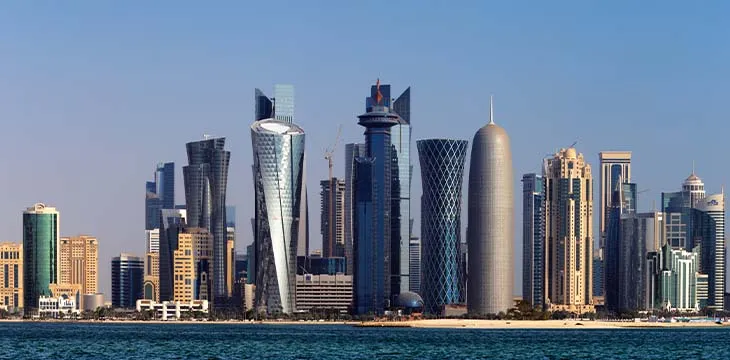|
Getting your Trinity Audio player ready...
|
The Qatar Investment Authority (QIA) has made a distinction between blockchain technology and digital currencies. Mansoor bin Ebrahim Al-Mahmoud, the CEO of the Qatari sovereign wealth fund, stated that it is only interested in investing in blockchain technology and not in digital currencies.
He made the remark while speaking on the QIA’s economic diversification thesis during the Qatar Economic Forum event in Doha organized by Bloomberg.
“Our team in the technology space are exploring opportunities in the blockchain. This is the space that we’re interested in, not the currency itself,” he said during the interview.
The QIA is the 15th largest sovereign wealth fund globally, with over $300 billion in assets under management. In addition to exploring investment opportunities in the blockchain space, Al-Mahmoud states that the QIA is also looking to expand its portfolio with investments in Africa, Europe, and the automotive sector.
His statement on blockchain technology aligns with comments made by the Qatar Central Bank (QCB) Governor, H E Sheikh Bandar bin Mohammed bin Saoud Al Thani, during the same event. Al-Thani noted that Qatar considers blockchain technology to hold a lot of potential to help the country implement its digital transformation.
The governor also slammed digital currencies as risky while disclosing that the central bank was at the foundational stage of exploring a central bank digital currency (CBDC).
Blockchain technology investment race gaining steam in the Middle-East
Qatar is not the only Middle-East country keen on investing in blockchain technology. Others, including Oman and the United Arab Emirates (UAE), have also made significant strides in this direction.
Earlier this month, Oman’s sovereign wealth fund announced an investment in Crusoe Energy Systems Inc., a U.S.-based block reward mining company that utilizes stranded natural gas to power its operation.
Part of the deal is that the company will set up shop in the Sultanate. The operation will help the country reduce its contribution to gas flaring.
Similarly, the UAE has several initiatives targeted at expanding the adoption of blockchain technology in its governance in keeping with its ambiguous goal of putting 50% of its government operations on-chain.
The Emirate of Dubai has been rapidly rising to become a digital assets companies hotbed since the introduction of its licensing regulations. Other Emirate states, including Abu Dhabi, are also catching up with providing regulatory clarity.
Watch: The BSV Global Blockchain Convention panel, Blockchain in Middle East & South Asia
https://www.youtube.com/watch?v=RzSCrXf1Ywc&t=11677s

 09-06-2025
09-06-2025 





